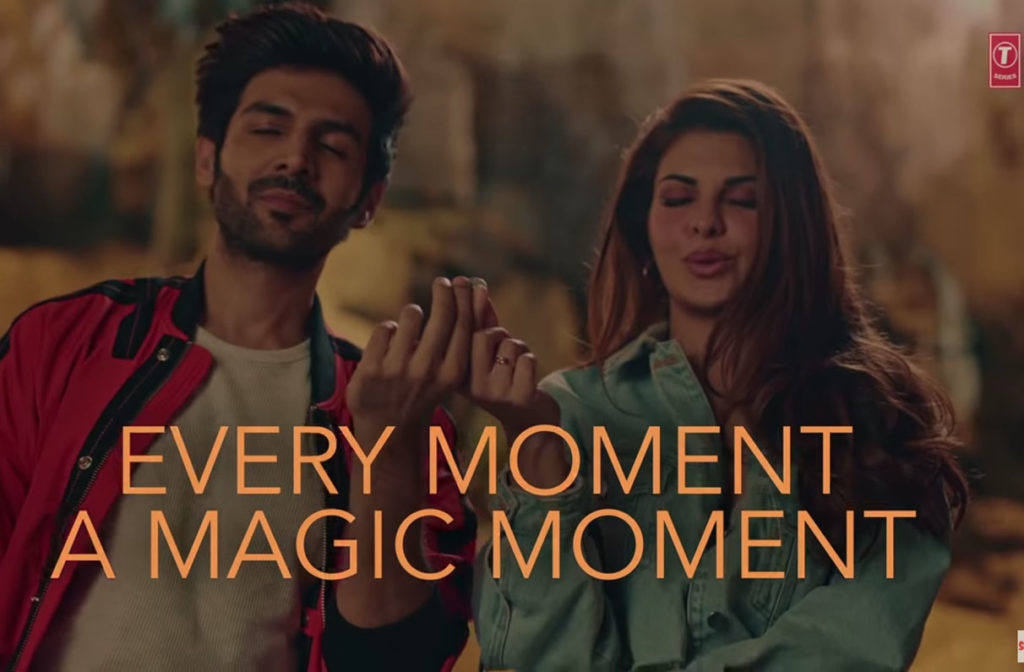Taylor Swift and Ed Sheeran have each racked up more than 15 billion views on YouTube. Justin Bieber beats them both, with 18 billion views.
But none of those megastars comes close to T-Series.
Although not widely known in the United States, T-Series, an Indian music label and film production company, has the most watched YouTube channel in the world. Its videos have been seen 53 billion times. The channel gains more than 100,000 subscribers a day and is about to pass the controversial personality PewDiePie to become the most subscribed to channel on YouTube.
And thanks to a rapidly growing online Indian viewer base and increasing international interest, its rise is not likely to slow anytime soon.
While T-Series may be thriving in the internet age, it began far before the internet became popular. The company was founded in the early 1980s by Gulshan Kumar, previously a fruit-juice seller, as a cassette tapes operation. It rose from issuing pirated recordings to producing film music for Bollywood blockbusters like 1990’s “Aashiqui.” By the mid 1990s, the company was a large conglomerate and a central part of India’s media landscape, with subdivisions in film, television, real estate and even toothpaste and detergent.
T-Series started posting trailers and music videos from its catalog on YouTube in earnest in late 2010. Those videos performed modestly, with views in the five and six figures. But most of India was still offline — and YouTube was dominated by idiosyncratic individuals like Smosh and Fred.
India’s internet access got a major boost in September 2016 when the Mumbai-based conglomerate Reliance Industries shelled out $35 billion to launch India’s first 4G network, Reliance Jio, offering free calls and data at minuscule costs.
The move, combined with the affordability of smartphones, brought internet to the fingertips of more than 200 million people — even in villages without electricity. Partnership deals between YouTube and the country’s major media companies, including T-Series, ensured that the biggest Indian pop stars, television shows and movies were waiting online for an eager audience.
“As more and more of India came along, video became the way that they were interacting with the internet,” Gautam Anand, the managing director of YouTube’s Asian branch, YouTube APAC, said in a phone interview; he said that 85 percent of India’s internet users use YouTube. “Even if you’re not literate, you still enjoy watching video.”
T-Series was the foremost beneficiary. At the time of Jio’s launch, T-Series was regularly producing dozens of videos each month for its 12 million subscribers. A year later, the number had doubled. Currently, the channel has 70 million subscribers, with its videos averaging 6.5 million views each, according to Tubular Labs, a digital video analytics company. Last December, the rising pop star Guru Randhawa scored T-Series’ biggest hit yet, “Lahore,” which has more than 615 million views.
While T-Series also earns money through more traditional revenue streams, its YouTube channel alone earns millions of dollars a year, according to Socialblade, a YouTube data-analysis site.
“The recent growth in internet usage in India has really helped us grow exponentially,” Neeraj Kalyan, the president of T-Series, said in an email interview. “The last two years have been really action-packed.”
Buoyed by a strong back catalog and a sterling artist roster, T-Series has worked closely with YouTube on programming and promotional strategies to increase viewership. Its strategy has been twofold: to provide a home to the upper echelon of stars — like Randhawa, Salman Khan and Deepika Padukone — and to flood the market with diverse content that includes regional language music and devotional songs.
In addition to the main Bollywood channel, T-Series has 28 other channels, which are each geared toward a different slice of a country that speaks dozens of dialects. “We have no choice other than to release all that content,” Kalyan said. “Each content piece has its own audience and thus it’s hardly cannibalized ever.”
As T-Series leads the way, other Indian media companies have also built up major presences on YouTube. Three Indian channels are on Socialblade’s list of the top 10 most influential YouTube channels: T-Series, ZeeTV and YRF. Western companies are investing in the country as well, with Sony Music India averaging 474 million views a month.
Their collective success could be just the beginning of an Indian content boom. India is the second-most populous country in the world, with more than 1.35 billion people — and according to Bain & Co., only 34 percent of the country is online, compared with 89 percent of Americans. That number will continue to grow as infrastructure improves and consumers look to diversify their viewing habits beyond music.
In a phone interview, Allison Stern, Tubular Labs’ co-founder and chief strategy officer, compared T-Series’ success to that of Vevo during YouTube’s growth period in the early 2010s.
“As these waves of audiences come online, it feels like music is the first thing that brings people there — and then holds them and trains them to come to YouTube for content,” Stern said. “After that you get kids content, gaming content — all these other verticals that unfold.”
T-Series is finding a growing audience not just in India but also outside of it. Just less than half of T-Series’ traffic comes from India, with 12 percent coming from the United States. In 2016, the company signed a licensing deal with Amazon for film releases.
Kalyan hopes to court Indian populations around the world and produce crossover Bollywood artists who can match the global appeal of South Korea’s BTS or Puerto Rico’s Bad Bunny — and in the process, make T-Series a household international name.
“Bollywood is no longer restricted to India only,” Kalyan said. “The world is becoming flat.”
c.2018 New York Times News Service
